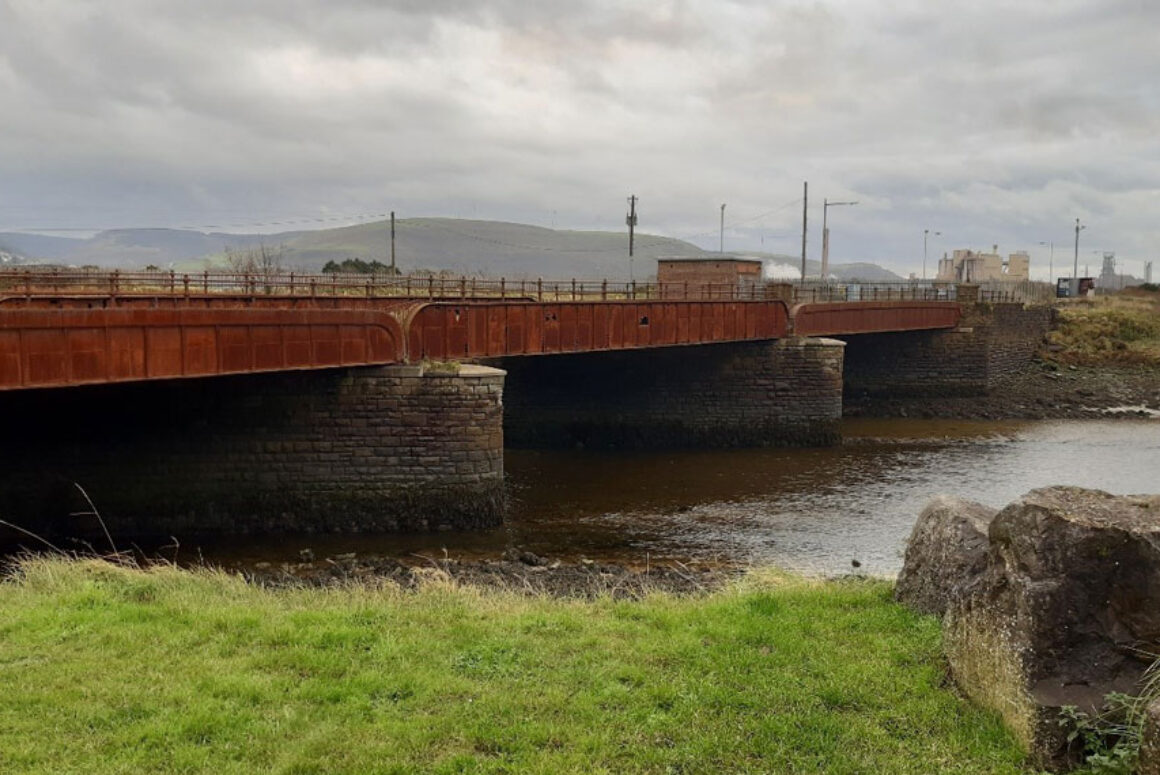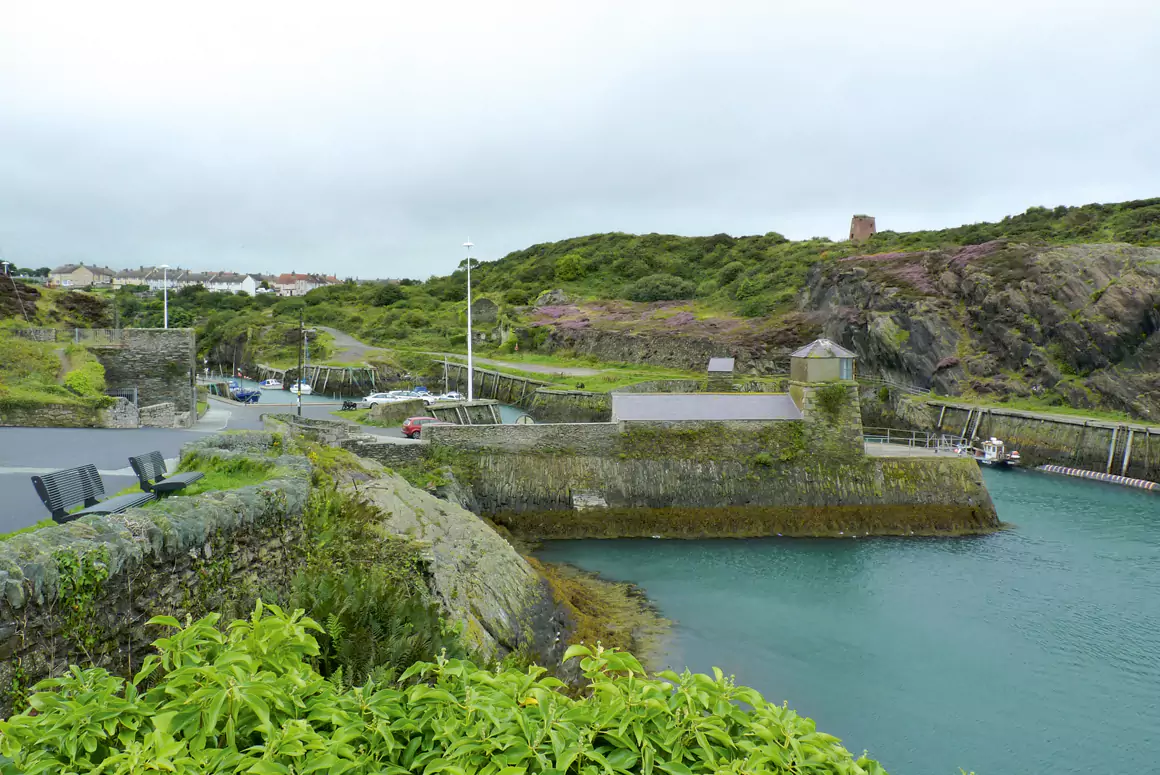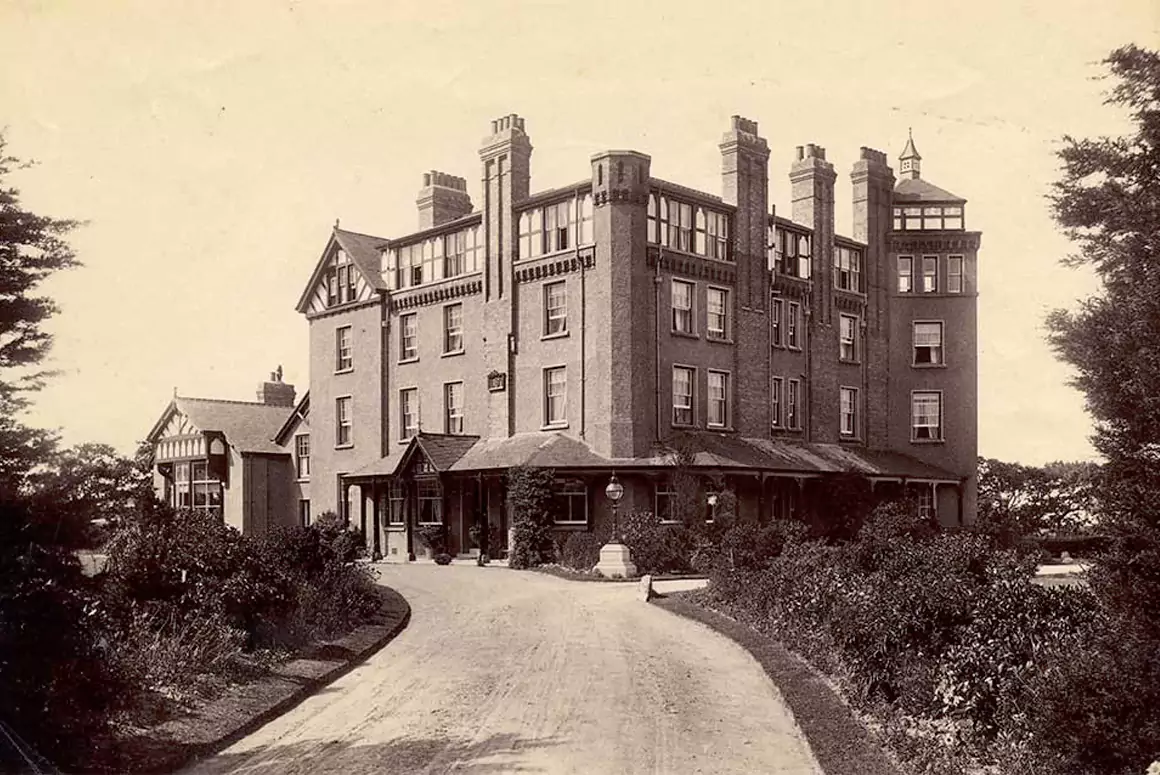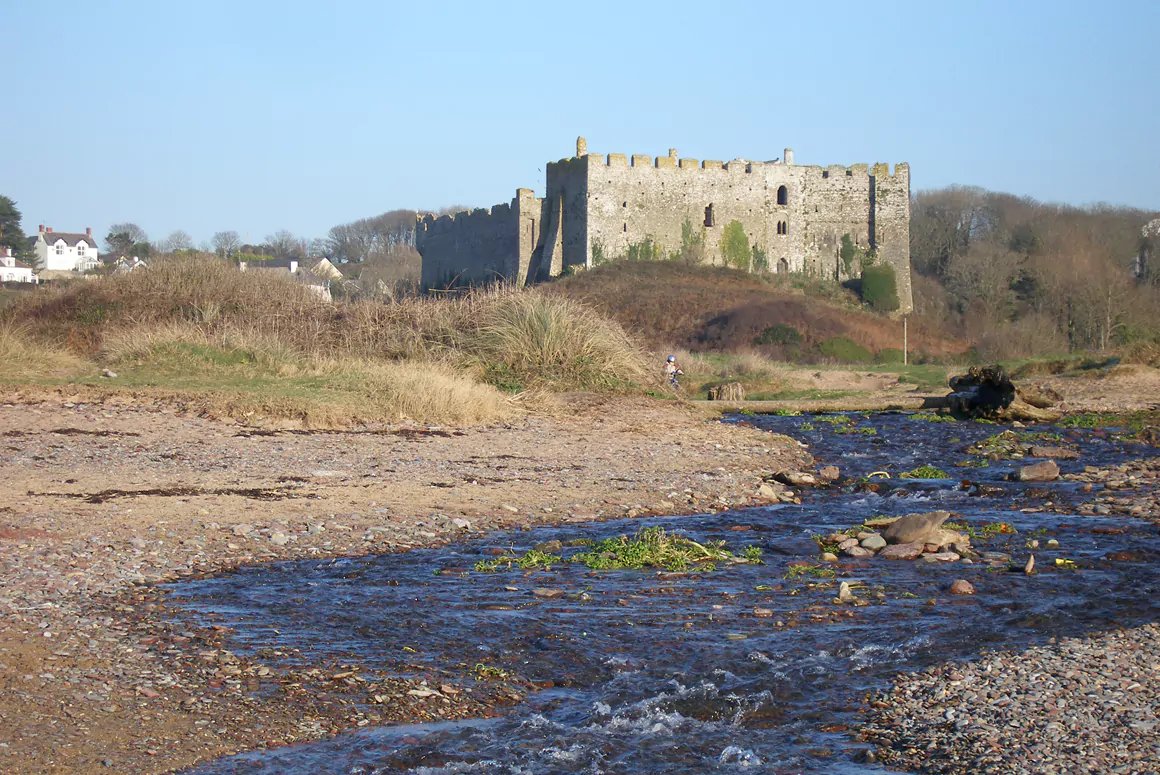![]()
They’ve closed the bridge!
By ‘they’ I mean, of course, the local council, and by ‘the bridge’, I don’t mean a bridge, or any bridge; I mean the bridge.
It still surprises me how so many people, myself included, can become so territorial when sudden change rears its head, but then I suppose it’s understandable. Built in 1903, the bridge instantly became such a significant part of the landscape that the adjacent road, unsurprisingly called Newbridge Road, was named in its honour.
This Edwardian structure now easily predates anyone living in the area and so, by proxy, is a minor part in the life of anyone who lives here in Port Talbot, kind of like the local “uncle” that everyone seems to know and to whom many claim to be related in some distant way.
A Grade II listed plate-girder bridge, its listed status has saved it from certain destruction and replacement. Now though, it cuts a sad figure, the once green-painted flanks left to rust into the autumnal palette of decay as this beautiful object which has stood through global pandemics, two world wars and the sinking of the Titanic, now remains only in a state of limbo, fenced off as unsafe and left to crumble away like so much leaf mould as, I suspect, is the case with any number of bridges, viaducts and aqueducts across the country.
Even now, a slight amble along the river path allows me to glimpse again what remains of its chunky rivets and iron flanks that, to a group of young friends conjured up allegorical steampunk fantasies lifted directly from the books we read – the Nautilus maybe, or “the iron-clad Thunderchild” – as we swarmed its railings on journeys into space or to the bottom of the sea.
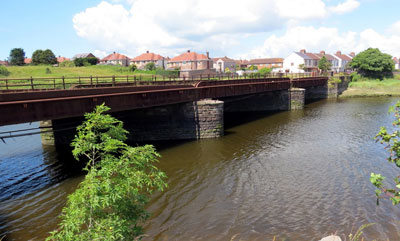
Even as we outgrew these daydreams, the tops of its supporting stanchions became fishing platforms from which we would watch in silent awe as shoals of huge mullet cruised along with the tide beneath us, avoiding our floating bread crust baits. Later still, its great shadow, cast across the offal-soft mud banks kept me cool when my grandfather took me on my earliest low-tide forays to dig harbour ragworms that we’d use to tempt bass from the surf tables on nearby Aberavon beach.
Most important of all its functions though, was as a simple bridge, for it led to a special destination – the docklands. To a group of steel town kids, this was our only patch of accessible wilderness. Once you’d crossed the bridge you left civilisation behind, following the path across the river, through mostly derelict land, past tumbledown yards with rotting portacabins slowly disappearing into the foliage, inhabited by burly tattooed men in overalls, and guarded by huge, fearful Alsatians. Beyond these yards we’d roam past the low scrub and blackberry bushes where we’d usually grab and munch fistfuls of the fruit, always careful to pick from the higher reaches of the bushes, away from where those Alsatians were released to cock their legs a couple of times a day.
Once past these final outposts, we’d fetch up on the shores of ‘Swan Lake’, a hundred little hideaways nestled into the reed mace, larch and alder, the places where we swam, camped, fished and made dens through the long summers of our childhoods. It was in these places that many of my lifelong fascinations were first sparked, and which burn still.
All of it is closed off now.: all the tank battles and alien invasions, all those jungle expeditions and run-ins with giant squid. Age takes its toll, as it must, even on me, and these days I have a myriad other cares and concerns to occupy my days.
Perhaps I just need to accept that this is nothing more than a simple physical reflection of the distance that had opened up between me and my own past anyway; perhaps it’s best to leave the past where it is, closed off and allowed to steep in the colour and warmth of memory.
Who knows? Perhaps, some day in the future, maybe even after my days, Newbridge Road will somehow be given the chance to live up to its name once more, the way will be opened again, and some other kid with a head full of dreams and an overactive imagination will follow it, wherever it may lead them, in the hunt for memories all their own.
Words: Simon Smith
Published by Medlar Press


